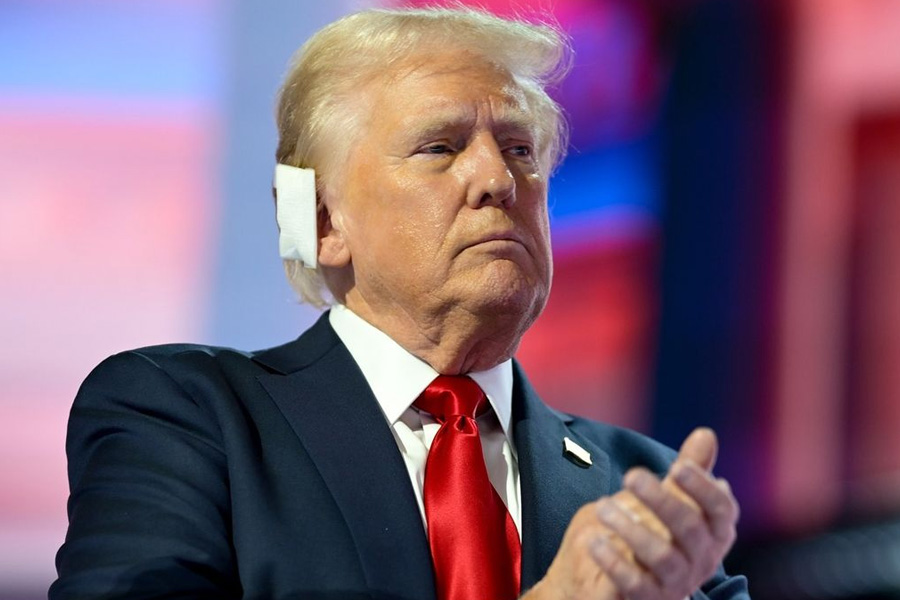
Given the multiple overlapping types of polarisation and the relentless spread of online hatred, it is no wonder that politics is getting more violent and less cordial, not just in the US but elsewhere, too.
Author
Sreeram Chaulia, Professor and Dean, Jindal School of International Affairs (JSIA), O.P. Jindal Global University, Sonipat, Haryana.
Summary
The attack on Donald Trump is symptomatic of a larger crisis in many democracies, including the US, where public life has become polarised over multiple fault lines
The shocking assassination attempt on former American president Donald Trump during an election campaign rally on the weekend has brought to the fore a fundamental crisis afflicting not just the United States (US) but many other countries worldwide. The episode is a reconfirmation that we are living in an age of extremes where centrist ideas like consensus, compromise, coexistence, and middle ground are collapsing and are being replaced by the notion that politics and public life represent a no-holds-barred struggle where one must give no quarter to the enemy.
The dramatic visuals of a bloody-faced Trump, after narrowly escaping fatal injuries from gunshots, pumping his fist in the air and defiantly shouting “fight, fight” while facing the cameras, conveyed a lot. The 19th-century Prussian military strategist Carl von Clausewitz wrote that war was a “continuation of politics by other means”. Today, in America and elsewhere in the democratic world, politics has become a continuation of war by other means. Politicians, political parties, and over-politicised individuals and groups believe they have no option but to prepare for existential combat with their opponents because, if they do not win, the other side will annihilate them and their values.
Published in: Hindustan Times
To read the full article, please click here.

